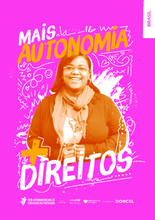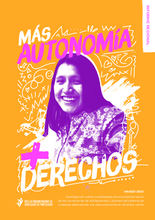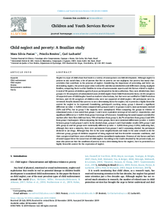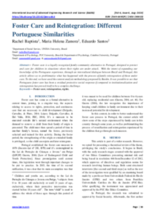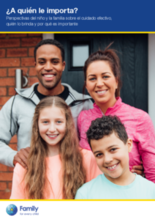Displaying 31 - 40 of 84
Este relatório apresenta os resultados da pesquisa realizada no Brasil pelo Instituto Fazendo História com objetivo construir informações sobre as principais políticas, medidas e ações desenvolvidas no nível regional, visando acompanhar a saída de adolescentes e jovens do sistema de cuidados alternativos e indagar a sua eficácia, efetividade, sustentabilidade e adaptação a uma abordagem de direitos.
El presente informe reúne los hallazgos principales de una investigación de carácter exploratorio-descriptivo que ha sido desarrollada en seis países de la región (Argentina, Bolivia, Brasil, Colombia, México y Perú). El objetivo fue documentar y analizar las políticas, estrategias y acciones desarrolladas para promover y acompañar la transición de adolescentes desde el sistema de cuidados alternativos hacia la vida autónoma.
The Finding the Way Home documentary highlights the painful realities of the eight million children living in orphanages and other institutions around the world, telling the stories of six children in Brazil, Bulgaria, Haiti, Nepal, India and Moldova who have found their way into the care of loving families after spending periods of their lives in an institution.
Considering the importance of preventing and better understanding neglect, the present paper aims to describe and discuss similarities and differences among negligent families, comparing them to other families in terms of socioeconomic aspects and risk factors related to neglect.
This chapter from the book Education in Out-of-Home Care aims to (1) provide an overview of educational background and educational expectations of adolescents aging out of care in Brazil; (2) examine associations between educational background and extracurricular activity and placement characteristics; and (3) discuss the specificities of education in care for adolescents in Brazil as well as its similarities with other countries.
This chapter’s aim is to report the experience of using Ecological Engagement in a research of interdisciplinary character developed with teenage girls, aged 10–14, inserted in two care institutions for protection measures in Pernambuco state, Brazil.
The objective of the work described in this chapter was to know the daily routine of a shelter for children aged 0 to 6 located in Espírito Santo and understand the factors involved in the psychosocial development of children in foster care.
This chapter aims to present and discuss the theoretical–methodological procedure of ecological engagement, used in a research with five adolescents in family reunification.
This article examines the family reintegration process for those in care in Portugal and Brazil.
Pese a que hay un consenso sobre la importancia del cuidado efectivo en las familias para los niños, existe una falta de discusión y acuerdo sobre los componentes precisos de este cuidado. Este informe contribuye a debatir sobre este importante tema al proporcionar perspectivas de los grupos focales con 198 niños y 81 adultos de Brasil, Colombia, Egipto, México, Rusia, Ruanda y Zimbabue.

